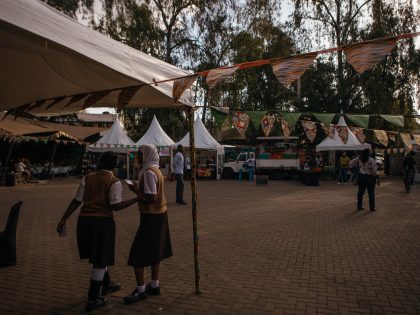
Global Africa for whom?
Nairobi’s cultural moment reflects both the promise of continental imagination and the anxiety of performing arrival for the world’s gaze.

Nairobi’s cultural moment reflects both the promise of continental imagination and the anxiety of performing arrival for the world’s gaze.
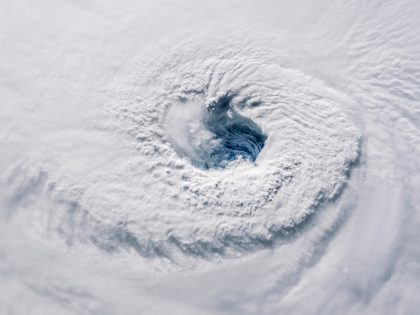
Hurricane Melissa made clear what COP30 obscures: the climate crisis still follows the lines of empire.
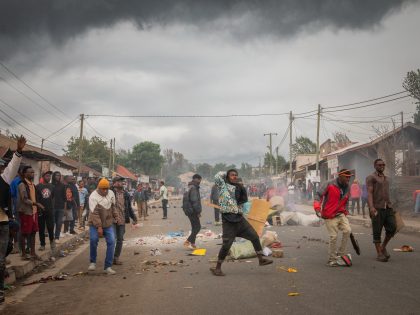
In Tanzania, the Gen Z uprising meets a state whose old bargains have collapsed.

The death of Kenya’s most enduring opposition leader invites a reckoning—not only with his contradictions, but with what his long struggle reveals about the unfinished work of liberation.
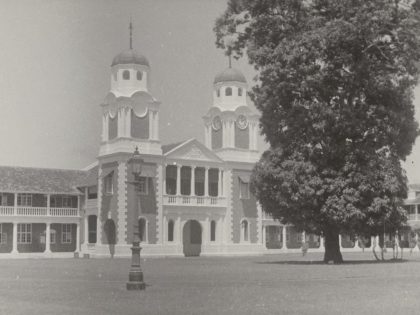
Inside the crumbling walls of Nigeria's Old Secretariat, echoes of colonial governance and national awakening meet the silence of decay.
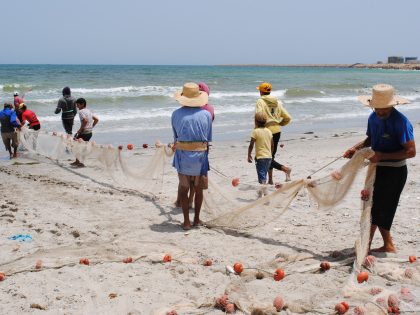
In Tunisia’s coastal city of Gabès, residents live in the shadow of the phosphate industry. As pollution deepens and repression returns, a new generation revives the struggle for life itself.
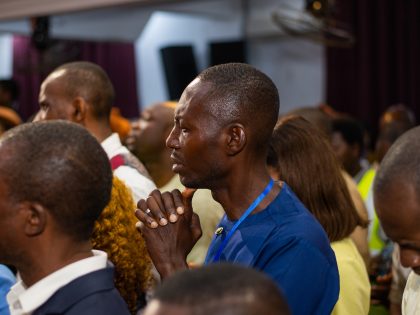
Far-right and pro-Israel actors are recasting Nigeria’s insecurity as sectarian extermination to distract from Palestine.

Cameroon’s president has ruled for over four decades by silence and survival. Now, with dynastic succession looming and no clear exit strategy, the country teeters between inertia and implosion.
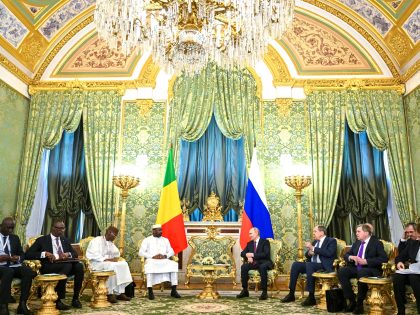
Assimi Goïta’s regime has built its legitimacy on defiance of the West and promises of renewal. But with increasing internal pressure, a turn to Moscow risks deepened dependency.
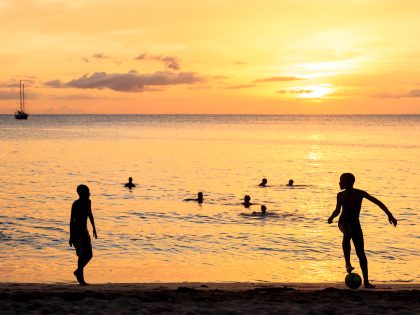
When Cabo Verde qualified for the World Cup, celebrations erupted from Praia to Rotterdam. The Blue Sharks’ rise shows how a scattered people built a global team rooted in home.
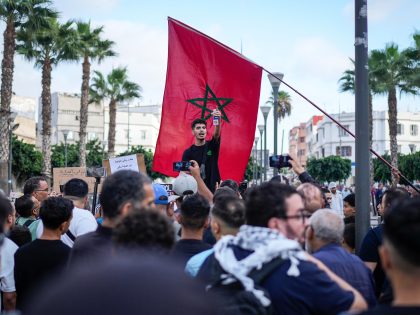
As Morocco prepares to host AFCON and the 2030 World Cup, a decentralized youth movement is demanding real investment in public services over sporting spectacle.
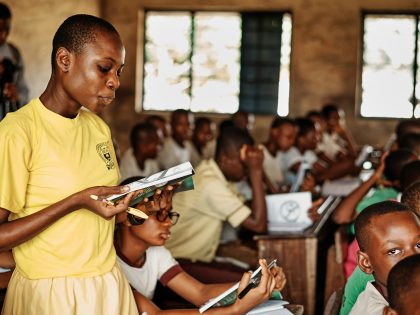
In outsourcing the act of writing to machines trained on Western language and thought, we risk reinforcing the very hierarchies that decolonization sought to undo.